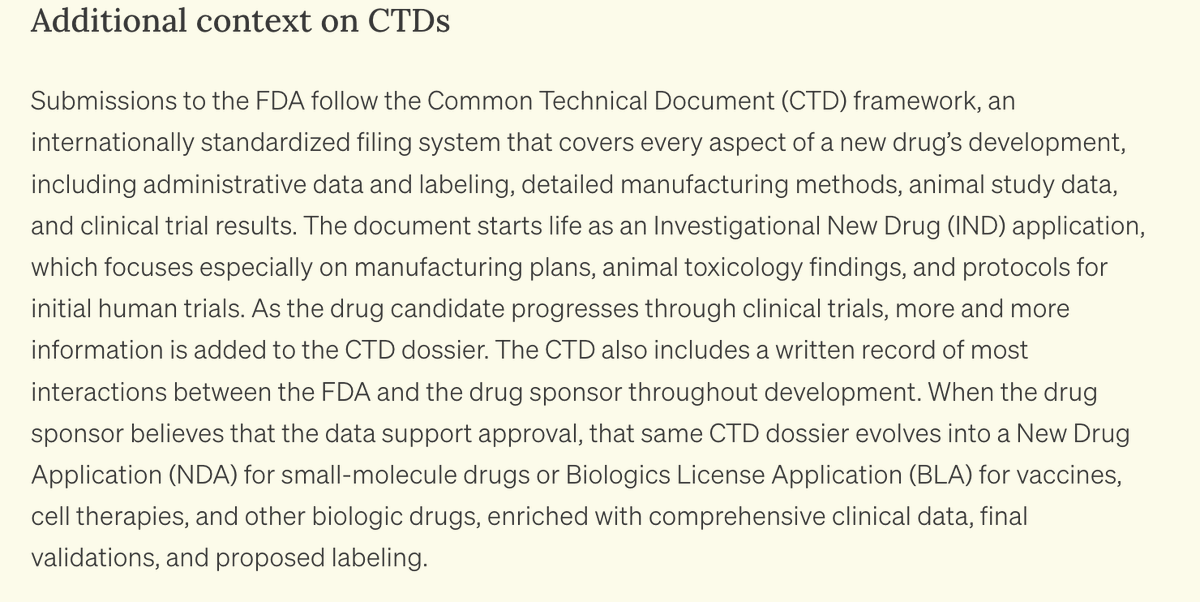
Clinical Trial Abundance @RenPhilanthropy | Fertility | @EmergentVentures | previously: PhD at @sangerinstitute | long- form https://t.co/ipFMYGuR84
How to get URL link on X (Twitter) App





 Zoia Ceausescu, their daughter, got a PhD in Math (against her parents' wishes, who wanted her to be more involved in politics) and worked as a researcher at the National Math Institute
Zoia Ceausescu, their daughter, got a PhD in Math (against her parents' wishes, who wanted her to be more involved in politics) and worked as a researcher at the National Math Institute 

 Disclaimer: some women simply don't want children. That's completely fine! Children aren't for everyone. But the arguments in this article are simply bad. They exhibit what in CBT terms would be described as "catastrophizing"
Disclaimer: some women simply don't want children. That's completely fine! Children aren't for everyone. But the arguments in this article are simply bad. They exhibit what in CBT terms would be described as "catastrophizing"
https://twitter.com/eganpeltan/status/1915477710316724425My understanding from talking to people who ran trials in both China and US is that the extra speed comes mainly from:

https://twitter.com/ruxandrateslo/status/1638479829036154881This is when scientific American endorsed Kamala Harris and some of our brightest science communicators cheered it

 Yes, there was a time when protein structures weren't solvable with the latest software. Where you needed to know Maths etc. Elspeth Garman, distinguished professor of protein crystallography in the Oxford Biochem department when I was there was a physicist by training
Yes, there was a time when protein structures weren't solvable with the latest software. Where you needed to know Maths etc. Elspeth Garman, distinguished professor of protein crystallography in the Oxford Biochem department when I was there was a physicist by training 



https://twitter.com/alexberenson/status/1892194302790336655Firstly: what is T cell exhaustion? It's a natural state T cells (a type of immune cell) can find themselves in after being stimulated by antigens for a prolonged period of time.

 Defining the Senatorial Aristocracy
Defining the Senatorial Aristocracy
